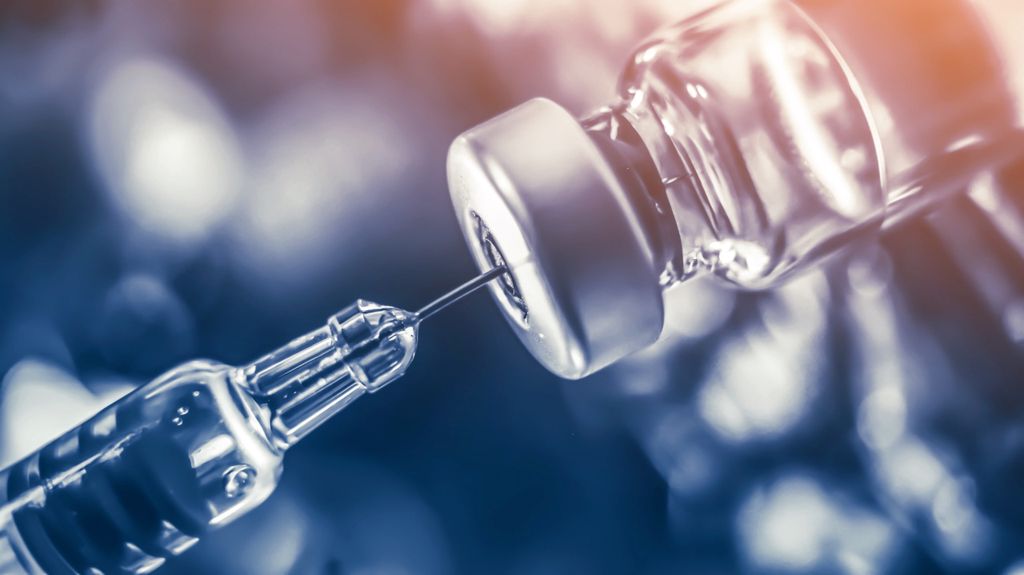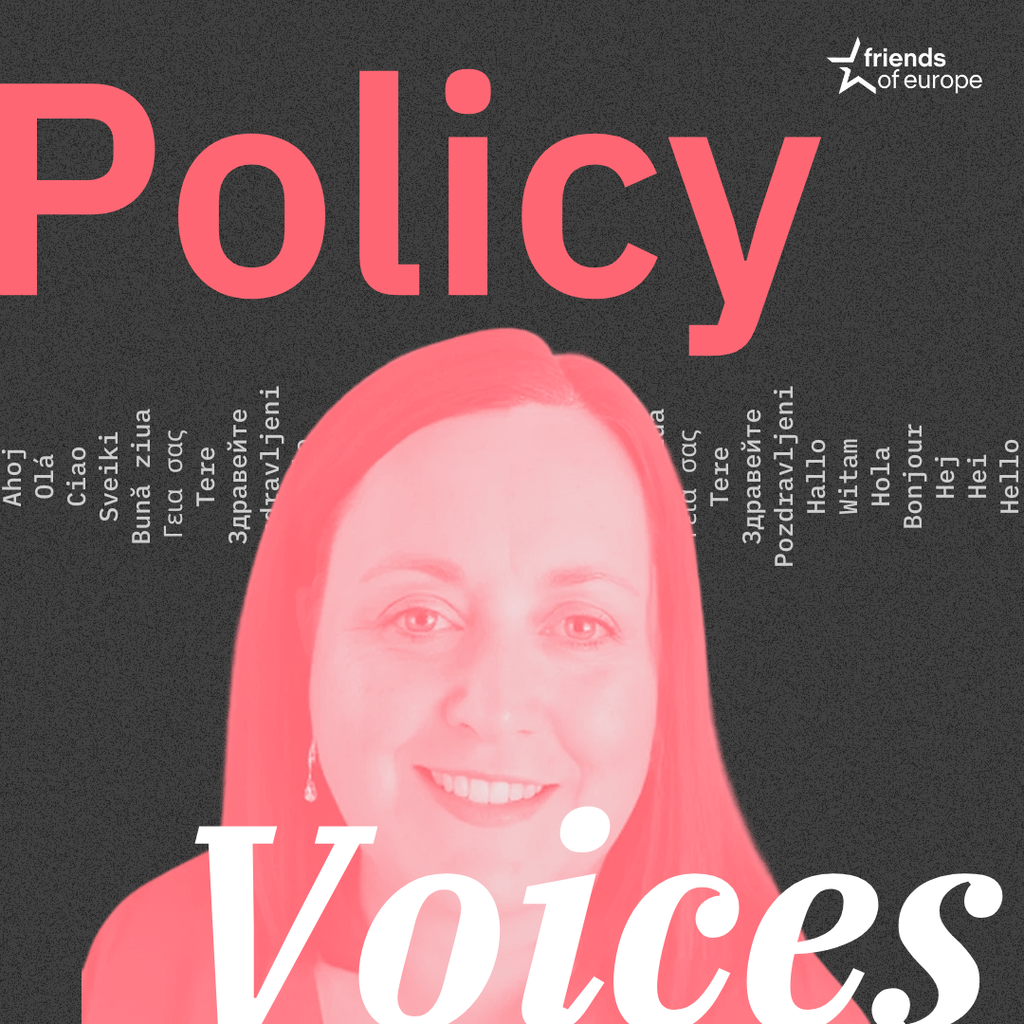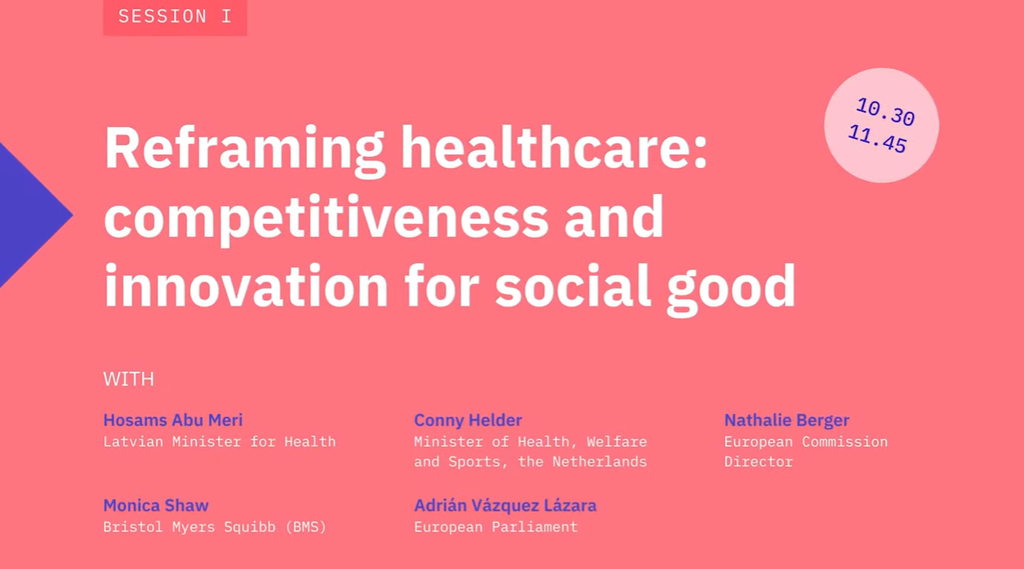Europe's moment: advancing clinical research and health innovation
Next event In person & online

- Area of Expertise
- Sustainable Livelihoods
Sustainable Livelihoods
At the end of May, COVID-19 has taken the lives of 360,000 people worldwide and this number will rise for months to come. As healthcare providers focus on this new pandemic, many heart disease patients are being side-lined and risk growing sicker or dying. Could Europe’s response to the virus offer pointers for reforming healthcare systems, benefitting people with heart problems and the wider population?
During the Friends of Europe debate ‘The ticking time bomb: Cardiovascular diseases’, livestreamed from Brussels on 28 May 2020, four online participants from European institutions and the medical industry explored lessons learned from tackling COVID-19. In the words of Tamsin Rose, moderator and Senior Fellow at Friends of Europe, “This pandemic has changed everything and nothing will be the same – including the way we configure our healthcare.”
Participants emphasised how patients with non-communicable diseases, especially heart complaints, have also suffered due to the virus. Around half of European cardiovascular patients have avoided hospital for fear of catching the virus or have seen their appointments postponed or cancelled. This poses a huge new healthcare problem, since cardiovascular disease accounts for 1.8 million deaths yearly in the EU.
Learning from the COVID-19 response
After a slow start last March, EU health providers went into overdrive to fight COVID-19, enjoying unprecedented collaboration with public and private partners. One key lesson learned from that effort is the importance of everyone working together for a common health cause. Europe must now build stronger and more resilient healthcare systems, which would automatically benefit heart disease patients and many others too.
“Treatment of cardiovascular disease has long suffered from a lack of innovation and investment, yet the rapid response to COVID-19, with clinical trials organised in days, shows health breakthroughs are possible with the right effort,” said Barbara Casadei, President of the European Society of Cardiology.
Other participants echoed her call to cut European healthcare red tape and to facilitate data sharing for patients. Jean-Luc Lemercier from Edwards Lifesciences, representing the cardiovascular industry, pleaded for more use of smart technology such as remote monitoring to assist heart disease patients at home. Brando Benifei, MEP and Co-Chair of the MEP Heart Group, said Europe should promote healthy ageing campaigns and prioritise fighting cardiovascular disease.
More healthcare action and collaboration Europe-wide are essential to address problems like heart disease. So there was broad praise in the meeting for EU4Health, the new health programme for 2021-2027, with a proposed budget 23 times higher than 2018’s.
“Our ambitious programme underlines how COVID-19 will speed up the Commission’s health work and how we intend to make the best use of our resources and time,” concluded Andrzej Rys, from the European Commission’s Directorate General for Health and Food Safety.
Next event In person & online

Past event In person & livestreamed

Past event In person

Past event In person & livestreamed





Stay informed
We use cookies and similar technologies to adjust your preferences, analyze traffic and measure the effectiveness of our campaigns. Learn more about our privacy policy.